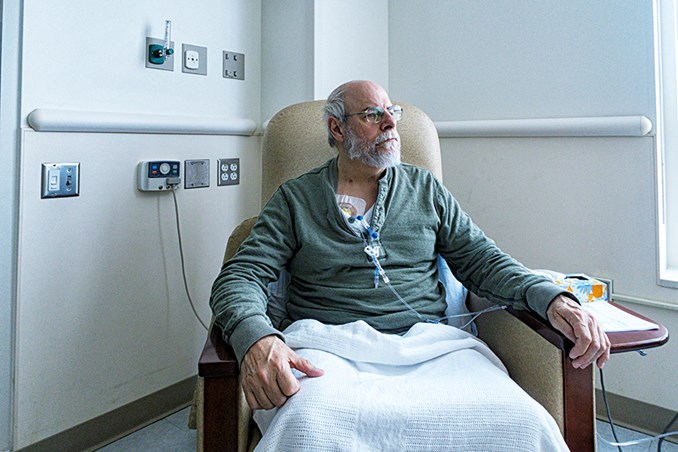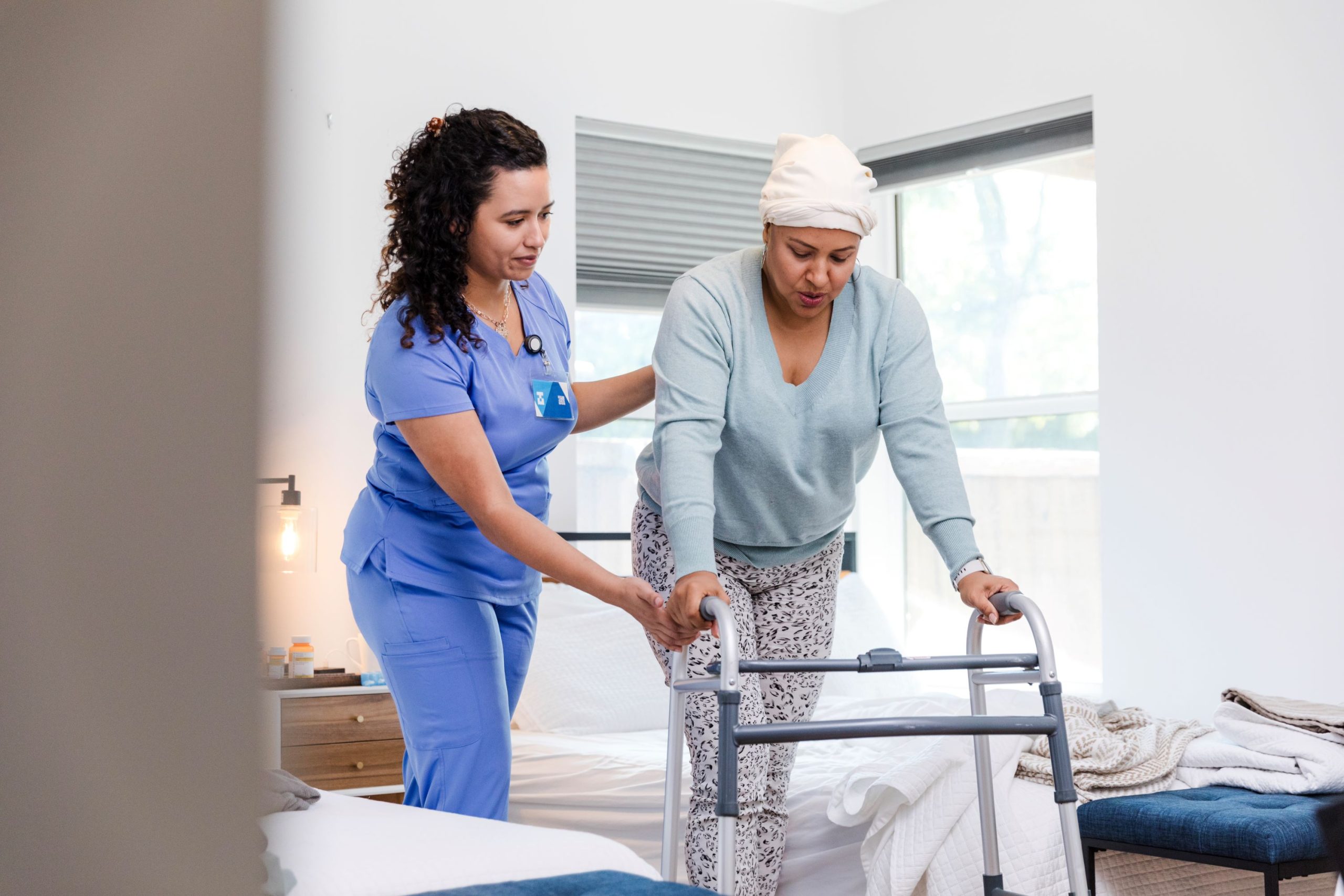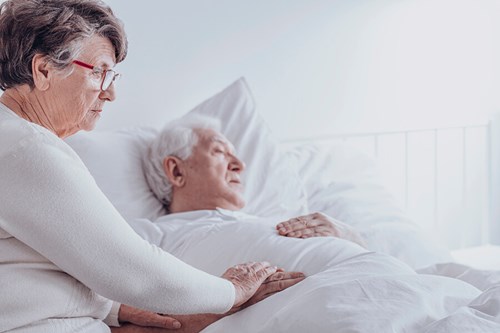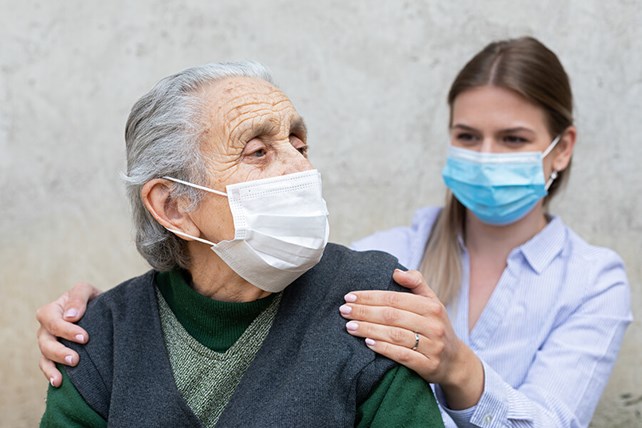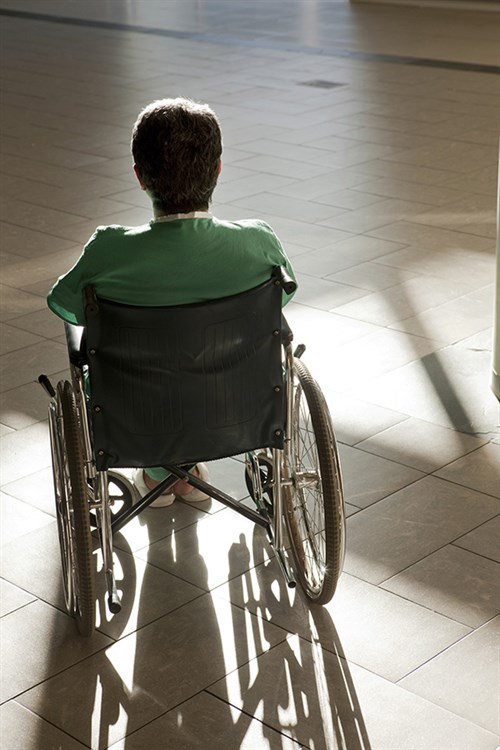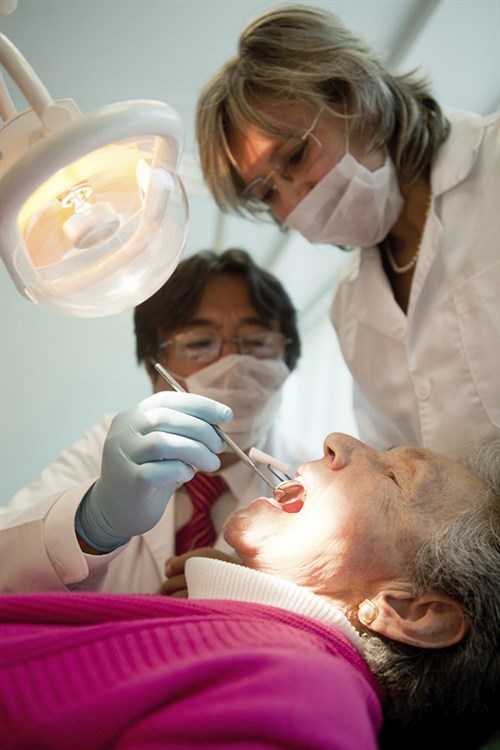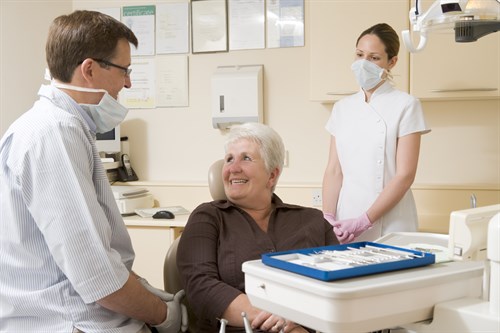When a person is recovering from a serious illness or surgery, they are often reliant on help from others. Hospitalization happens when the body needs time and support to heal. Surgery also requires downtime and assistance for the body to heal properly. Significant illness and invasive procedures (including childbirth) are reasons to consider options of self-care so that faster recovery is possible.
Fast recoveries do not happen for those who push their bodies beyond the limits. The body needs time to heal properly. That means extra rest, maintaining healthy eating habits, drinking a lot of water, and following the doctor’s discharge orders.
Hospital to Home Care
Hospital-to-home care refers to in-home care from trained and experienced aides who can help create a smooth transition for patients being discharged from the hospital. New moms, surgery patients, and seniors who are still recovering from an illness are just some of the people that in-home aides support post-hospitalization.
The wonderful thing about home care is that it can be individualized. Every person’s situation is unique. Some people have part-time support from family members and don’t need in-home care 24-hours a day but some people really depend on 24-hour assistance to get by. Home care solutions are created to meet the needs of the individual who is in need of support.
“Fast recoveries do not happen for those who push their bodies beyond the limits. “
Post-hospitalization care is an absolute must to help reduce the risk of readmission. The New England Journal of Medicine finds that 20% of older adults are readmitted to a hospital within a month of their initial discharge.
How does home care help?
Home care is really one of the best options of support for those recovering from an illness, surgery, or childbirth. Especially if you are the person that your family relies on for everything!
Some of the ways a caregiver can help you in your home are:
- Assisting in making the home safe and accommodating to meet your needs
- Transporting you to and from appointments with your doctor
- Preparing meals that follow dietary restrictions set by your doctor
- Grocery shopping
- Medicine reminders
- Reducing the risk of injury and falls and the risk of hospitalization after discharge
- Companionship
- Light housekeeping
- Assisting with activities of daily living including grooming, dressing, bathing and toileting needs
- Transfers from wheelchair to bath, wheelchair to car, etc
5 ways seniors can reduce chances of hospital readmission:
- Encourage seniors to follow their hospital discharge orders
- Provide transportation to follow up appointments
- Remind seniors to take medications as prescribed
- Help seniors with activities of daily living (ADL)
- Encourage healthy eating and sleeping habits
While post-hospitalization care is not required, it can provide significant benefits for newly discharged patients. Yes, in-home care can easily help prevent hospital readmission, but the support that you receive will help you recover faster so that you can get back to an independent lifestyle that you enjoy. Feel better faster with increased support, quality attention, detailed care, and personalized assistance.
